 I have a SOAP_MONITORING table which has RESPONSE_XML column which is
I have a SOAP_MONITORING table which has RESPONSE_XML column which is CLOB datatype and consist of large string. I have requirement to fetch and show all the SUBSCRIPTION_ID which is hidden in this string. The SUBSCRIPTION_ID resides in this string : <ax2147:subscriptions xsi:type="ax2127:SubscriptionDTO"><ax2130:id>201411211617575057</ax2130:id> . I have to get all ID which is nothing but my SUBSCRIPTION_ID which resides in between <ax2147:subscriptions xsi:type="ax2127:SubscriptionDTO"><ax2130:id> and </ax2130:id> string. I tried the below query :
SELECT REPLACE(REPLACE(MatchedId, '<ax2147:subscriptions xsi:type="ax2127:SubscriptionDTO"><ax2130:id>', ''), '</ax2130:id>', '')
FROM
(
SELECT REGEXP_SUBSTR(RESPONSE_XML, '<ax2147:subscriptions xsi:type="ax2127:SubscriptionDTO"><ax2130:id>\d+</ax2130:id>')
FROM SOAP_MONITORING
)
WHERE
WEB_SERVICE_NAME='RatorWebShopService' and WEB_METHOD_NAME='placeShopOrder'
But received an empty result.